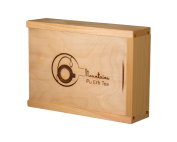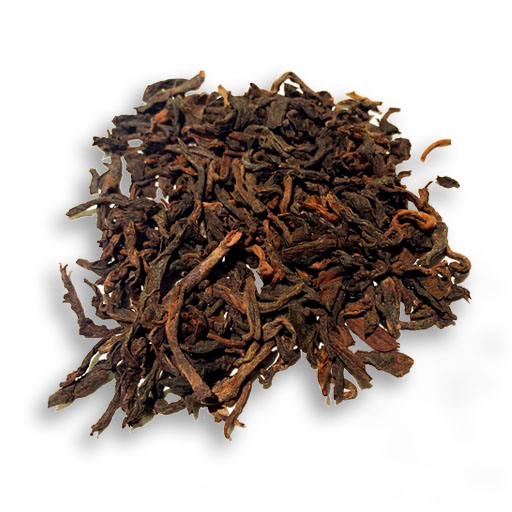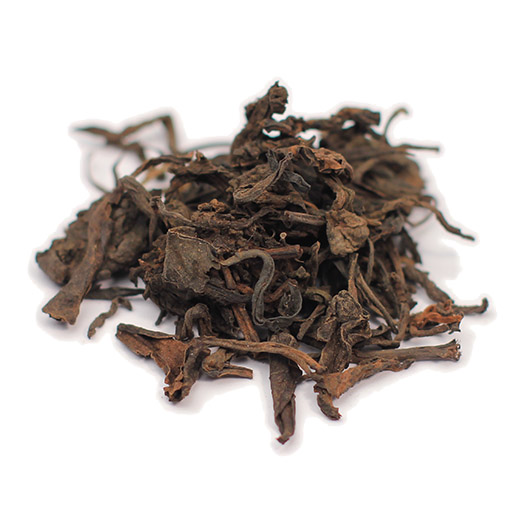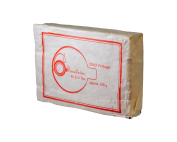Good tea is an amazing substance. It’s uniquely the product of its geography, age, where it is stored, and of those that handled it along the way. When we come to the brewing, no two people will make the same tea exactly the same. The leaf, it is said, responds also to the hand of the one that brews it. Revealing, for those that know how to read the leaf, all that is to be known about him. Esoteric? Definitely, but belief in tea as an index of the soul goes back thousands of years. It is also my experience from my years studying with some of the great tea masters of Asia. Tea reveals, the inner-most qualities of the individual, and through its subtle mysteries, transforms and refines us in ways that other drinks do not. Tea is the chief beverage of civilization. It both cleanses and purifies the body. It likewise refines the qualities of the mind, the spirit of the steeper.
Tea, something of a touchstone, adapts and changes to meet the circumstances surrounding it. If you are weary it calms you. When worried it soothes you and when you are happy it makes you happy. When meditating it lifts you up to high states of being. Clean tea, meaning quality tea, fine tea, is subtle and refined. It wakes you up or helps you relax into sleep depending on the needs of the body at the time of drinking. These qualities are prevalent in all high quality teas and in particular with aged teas, be they cliff teas, oolong teas or Pu Erh. Pu Erh is in a category all to itself in my mind as it grounds me and makes me feel solid and whole. Pu Erh tea from Yunnan is the original tea of the earth and there is something more primal, more vital and more raw about it. For this reason I have chosen to devote a major portion of my life to it; though some in China would say that it was in fact the tea that chose me. Long the choice of meditators, yogis and yogins it facilitates the practice of what might be called energy work, relaxing and nourishing the body so that it can perform at its best.
There are principles to tea appreciation and very few fixed rules. There are likewise no wrong answers when it comes to what a tea tastes like or feels likes. It really is up to you. Much can be inferred by what a person feels about a tea, though in truth it is a dance between the leaves and the hands of the person preparing them. There are many methods to preparing tea. I have my preferred ways — kung fu tea chief among them — though it is good to be flexible. However a tea is prepared, whether in a dim sum house, in a mug or a gai wan. The only thing that matters, at the end of the day is the quality of the tea soup — the benefit brought to your life therefrom.
Erick Smithe





